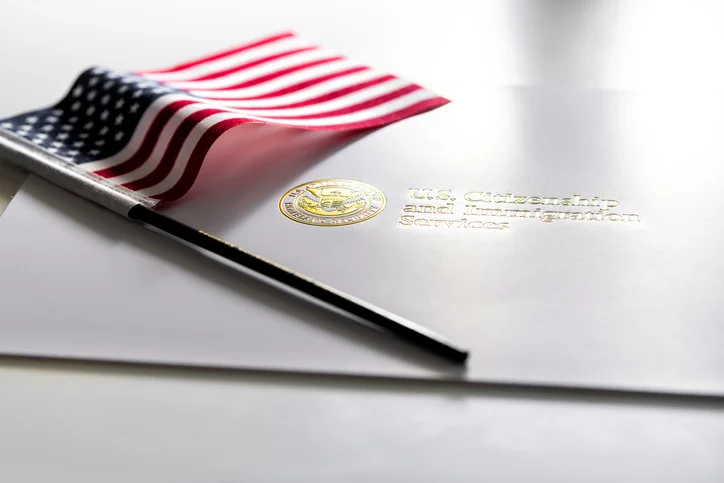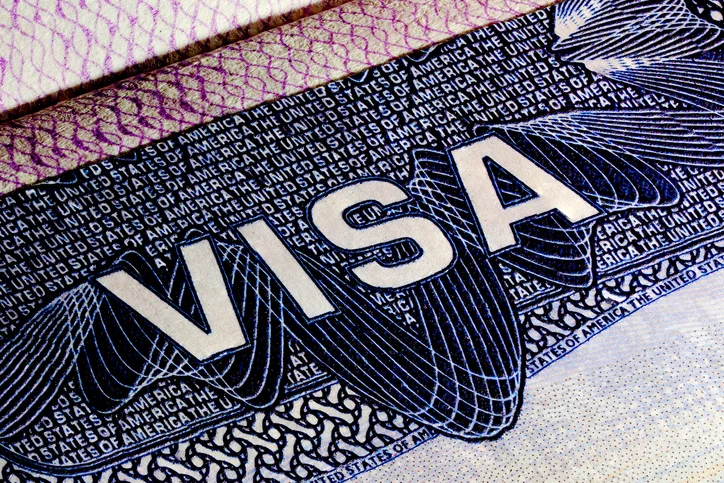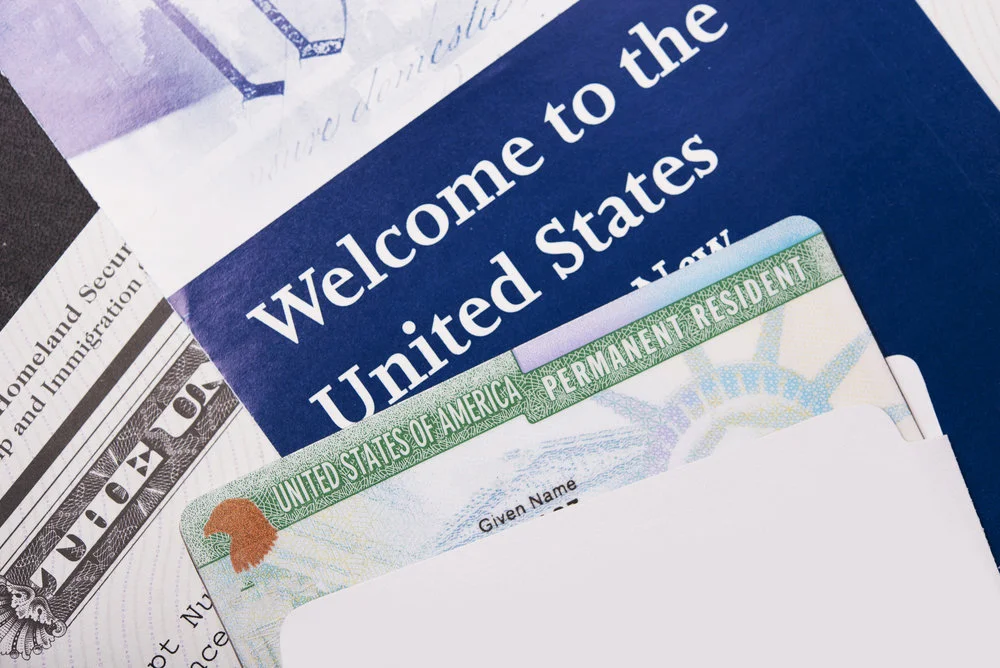The Department of Homeland Security (DHS) plans to extend Temporary Protected Status for nationals of El Salvador, Haiti, Honduras, Nepal, Nicaragua and Sudan to January 4, 2021. DHS will automatically extend the validity of Employment Authorization Documents, Forms I-797, Notice of Action, and Forms I-94, Arrival/Departure Record (collectively, TPS-related documentation) to this date.
Read MoreEffective November 3, 2019, applicants for an immigrant visa will be required to show their ability to obtain health insurance within 30 days of entry into the United States during their consular interview. Visa applicants should complete Form DS-5541 to provide information on their health insurance plan and date coverage will begin or ability to pay for healthcare for any “reasonably foreseeable” medical costs. Failure to demonstrate the financial resources to obtain health insurance will result in a denial of their visa application.
Read MoreAccording to news reports, Immigration and Customs Enforcement (ICE) have recently started on-site visits to employers of international students working on STEM Optional Practical Training (OPT). These visits are to confirm that the information on the training program, Form I-983, is accurate.
Read MoreThree federal courts across the United States have temporarily suspended the enforcement of the Department of Homeland Security’s new “public charge” rule, which was set to take effect on October 15, 2019. This new rule redefines how the agency can determine whether a foreign national is at risk of needing public assistance, which would make the foreign national ineligible for admission, extension of status, or permanent residence.
Read MoreThe Department of State (DOS) has issued its November 2019 Visa Bulletin. Overall, most employment-based categories this month had little advancement. (Employment-based (“EB”) category 1 for all nationals (except for India and China) advanced by little over a month. EB-1 for China moves forward three months and EB-1 India remains the same. The EB-2 category for all nationals continues to be current. China has a two and a half month advancement, and India advanced by one day. The EB-3 category is current for all nationals except for China and India, which saw no change from last month. The Philippines moves forward by three and a half months.
Read MoreThe Department of State just announced that the online registration period for the annual green card lottery will begin at 12 noon, Eastern Daylight Time (EDT) (GMT–4), Wednesday, October 2, 2019, and end at 12 noon, Eastern Standard Time (EST) (GMT–5), Tuesday, November 5, 2019. We recommend registering as soon as possible because the DOS website does slow down or freeze due to very heavy traffic towards the end of the registration period.
Read MoreThe Department of State (DOS) has issued its October 2019 Visa Bulletin. October 1 marks the start of the new fiscal year so all the visa categories benefit from new visa numbers. As a result, most categories see sizable movement. Employment-based (“EB”) category 1 for all nationals (except for India and China) advances by six months. EB-1 for China moves forward nearly three years and EB-1 India goes from unavailable to January 1, 2015. The EB-2 category for all nationals is now current, except for China, which, unfortunately, has a two-year retrogression, and India, which advances by four days. The EB-3 category is current for all nationals except for China, which moves forward nearly two years; India, which moves forward three and a half years, and the Philippines, which moves forward by fifteen months.
Read MoreThe Department of State (DOS) has issued its September 2019 Visa Bulletin. Overall, most employment-based categories this month had little advancement or retrogressed. Employment-based category 1 (EB-1) for most nationals advanced by a little over a year, while for Chinese nationals it retrogressed by two and a half years, and for Indian nationals the EB-1 category is now unavailable. For the employment-based category 2 (EB-2), most nationals advanced by one year, while Chinese nationals had no advancement, and Indian nationals advanced by only six days. Lastly, the employment-based category 3 (EB-3) for most nationals saw no advancement. Chinese nationals retrogressed by 2 years and a half, Indian nationals retrogressed by six months, and Filipino nationals had no advancement. In fact, the DOS has indicated that the EB-3 category for all nationals other than India and China is unavailable for the rest of the fiscal year.
Read MoreEarlier this week, the Department of Homeland Security (“DHS”) published a final rule concerning the “public charge” grounds under the immigration statute for denying admission, extension of status, and permanent residence to foreign nationals. The rule will take effect after 60 days, on October 15, 2019, unless litigation prevents its implementation.
Read MorePeople often ask me about the “million dollar green card.” Established nearly thirty years ago by Congress, the EB-5 Immigrant Investor Program grants lawful permanent residence (“green card”) to individuals who invest US$1 million in a business in the U.S. (or $500,000 in high unemployment areas), and create (or, in some cases, preserve) 10 permanent full-time jobs for U.S. workers. Today, USCIS published a final rule that contains major changes to the EB-5 Program. These changes will take effect on November 21, 2019.
Read More









